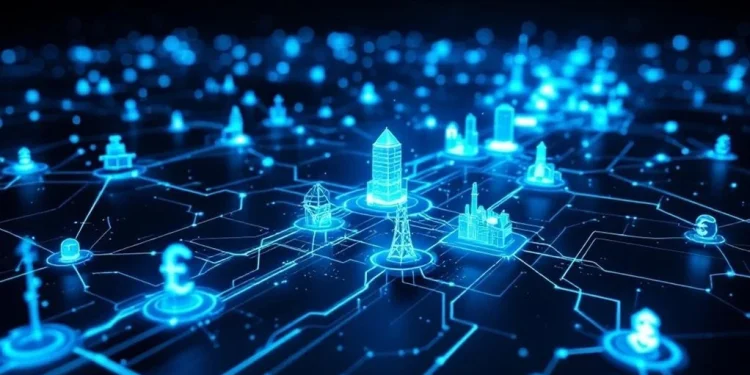In the future of AI. AI will continue to transform how we live and work. By 2025, autonomous AI agents will handle complex tasks with minimal human oversight, while AI automation could replace 85 million jobs globally. AI’s advanced reasoning capabilities are revolutionizing healthcare, finance, and manufacturing. The global AI market is projected to grow 36.6% annually from 2024 to 2030, potentially boosting global GDP by 15%. These developments mark just the beginning of AI’s impact on society.
Key Takeaways
- AI will automate up to 85 million jobs by 2025, primarily affecting manufacturing and retail sectors.
- Autonomous AI agents will perform complex tasks independently, with 25% of companies launching pilot programs by 2025.
- Global AI market will experience 36.6% annual growth through 2030, boosting worldwide GDP by up to 15%.
- AI systems will enhance healthcare, finance, and manufacturing through advanced reasoning and pattern recognition capabilities.
- 70% of workplace skills will transform by 2030 as AI integration drives economic growth and industry innovation.
Future of AIThe Rise of Autonomous AI Agents by 2025
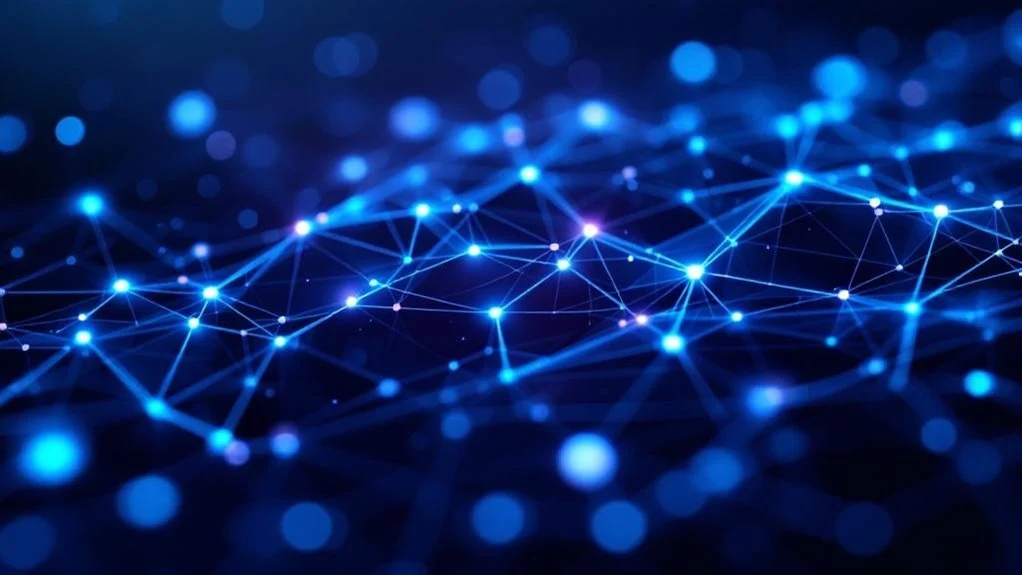
While artificial intelligence continues to evolve, autonomous AI agents are set to transform business operations by 2025. By that year, 25% of companies using generative AI will launch autonomous agent pilots, with this number expected to double by 2027.
These AI agents will be able to handle complex tasks with minimal human oversight. They’ll plan, reason, and make decisions across multiple steps, from customer conversations to fraud checks and payment processing. Companies need to focus on establishing strong data governance before implementing these systems. AI agents leverage vector stores to maintain context and enhance their decision-making capabilities.
AI agents will independently navigate multistep business processes, from initial customer interactions through verification and transactions, with limited human intervention.
Major tech companies are investing heavily in this technology, with over $2 billion already invested in agentic AI startups. Modern systems require computing power through high-performance computers to process these complex operations effectively.
Technical improvements are making this possible. New AI models are faster and more efficient, with better reasoning abilities through chain-of-thought training. Larger context windows let agents process more information, while function-calling features allow them to use external tools automatically.
These advancements are leading to widespread integration across industries, particularly in customer service, logistics, and operations.
Workforce Evolution and Job Market Transformation
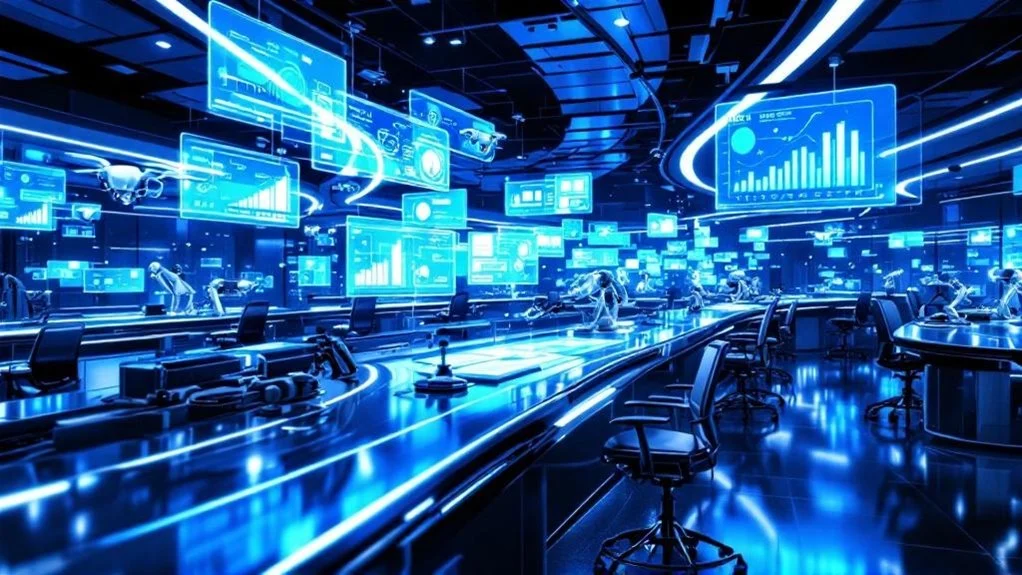
The advancement of autonomous AI agents signals major changes ahead for workers worldwide. Studies predict AI will replace up to 85 million jobs globally by 2025, with manufacturing and retail sectors facing significant impacts. According to McKinsey Global Institute, AI is expected to generate $13 trillion in additional global economic output by 2030.
The job market is transforming as AI reshapes workforce structures. HR leaders see AI as the main force changing how companies organize their teams. While some jobs face automation, others are evolving to work alongside AI. Skills needed for work are expected to change by 70% by 2030. Leaders report that 72 percent view AI as the primary driver of workforce transformation.
Workers are rapidly adding AI skills to their profiles, with LinkedIn reporting an 80-fold increase in AI literacy additions from 2022 to 2023. AI-related skills now command higher wages, especially in jobs that mix manual and thinking tasks.
Companies that have adopted AI are seeing increased worker productivity and revenue, suggesting that AI often enhances jobs rather than just replacing them.
AI’s Growing Intelligence and Problem-Solving Capabilities
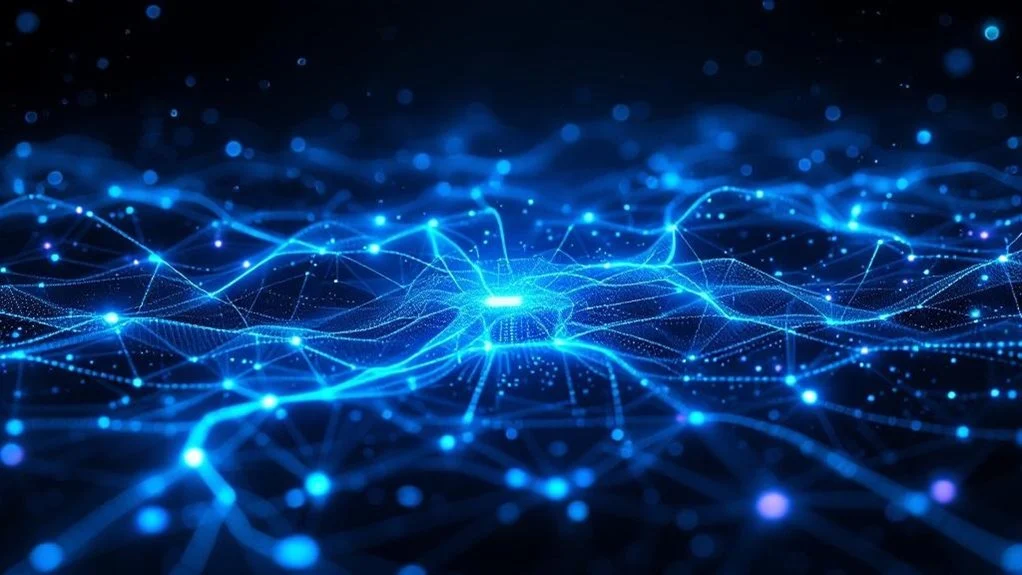
Modern artificial intelligence systems demonstrate remarkable advances in reasoning and problem-solving abilities.
Today’s AI models use multiple reasoning methods, including deductive, inductive, and probabilistic approaches, to analyze complex scenarios and make decisions. They can now handle tasks that require careful logical thinking and multi-step planning. New AI models have evolved to demonstrate advanced reasoning capabilities similar to human thinking processes.
AI’s problem-solving capabilities have expanded into scientific and technical domains. These systems help with drug discovery, legal contract analysis, and early medical diagnosis. Early AI development focused on rule-based systems to process information and make decisions.
AI is revolutionizing technical and scientific fields, transforming everything from pharmaceutical research to medical diagnostics and legal analysis.
They’re particularly effective at processing large datasets and finding patterns that humans might miss.
The latest AI models are becoming more specialized and efficient. They can now perform specific tasks like coding, writing, and technical analysis with high accuracy.
These improvements allow AI to tackle increasingly complex challenges in fields like healthcare, finance, and manufacturing.
As AI continues to evolve, it’s becoming better at understanding context and executing sophisticated problem-solving strategies.
Future of AI: Global Impact and Economic Implications
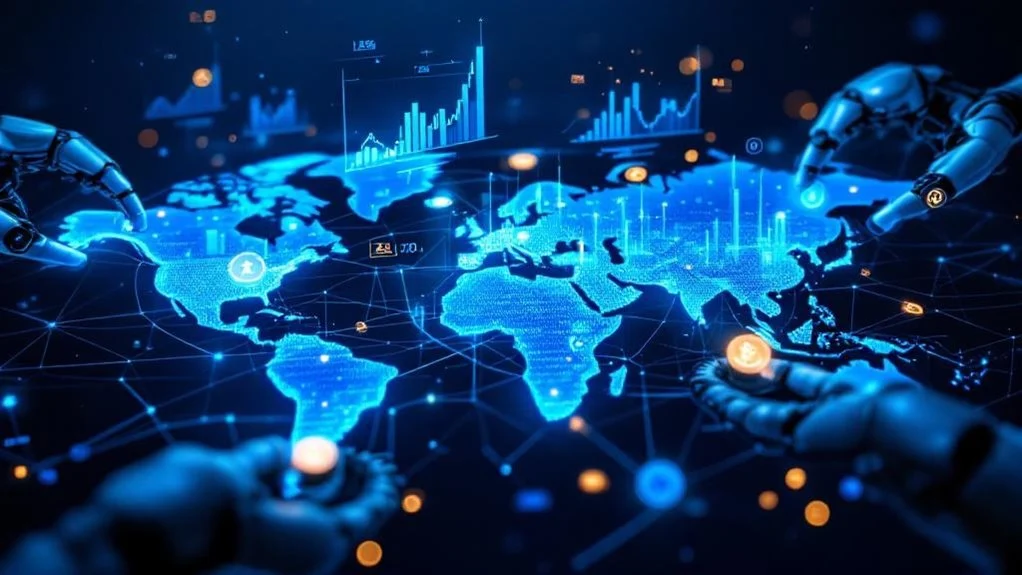
Advanced AI capabilities are reshaping global economics on an unprecedented scale. AI is expected to boost global GDP by up to 15% over the next decade, adding growth similar to the industrial revolution‘s impact. The global AI market is growing rapidly, with a projected 36.6% annual growth rate from 2024 to 2030. Experts predict AI will contribute 26% GDP increase by 2030, signaling massive economic transformation. Public trust plays a vital role in this growth, as scenarios with lower trust levels could reduce economic benefits to just 1%.
However, AI’s benefits aren’t distributed equally across the world. Advanced economies could see output growth twice that of low-income countries. The US GDP might rise by 5.4%, while low-income countries may only see 2.7% growth. This gap exists because developed nations have better infrastructure to integrate AI technologies.
AI is also transforming jobs worldwide. About 60% of jobs in advanced economies could be automated or enhanced by AI, compared to 42% in emerging markets.
While some jobs may disappear, new roles are emerging as businesses adopt AI tools for automation and improved efficiency.
Frequently Asked Questions
How Will AI Impact Personal Privacy and Data Protection in the Future?
AI will revolutionize privacy with quantum-resistant encryption and federated learning, while simultaneously posing unprecedented risks through mass surveillance, deepfakes, and unwanted data collection across interconnected digital systems.
Can AI Develop Genuine Emotional Intelligence and Empathy?
Current AI systems can simulate emotional responses but cannot develop genuine empathy or emotional intelligence, as these require lived experiences, true consciousness, and authentic emotional states humans uniquely possess.
Will AI Eventually Surpass Human Consciousness and Self-Awareness?
DeepMind’s AlphaGo demonstrated machine learning far beyond human ability, yet consciousness remains elusive. While AI may exceed computational capabilities, true self-awareness and consciousness likely require fundamentally new technological paradigms beyond current architectures.
How Will AI Affect Human Creativity and Artistic Expression?
AI enhances human creativity through collaborative tools and automation, while expanding artistic possibilities. It complements rather than replaces human expression, fostering new forms of co-creativity in various industries.
What Are the Potential Military Applications and Risks of Advanced AI?
In the blink of an eye, AI revolutionizes military capabilities through enhanced surveillance, autonomous weapons, cyber operations, and logistics optimization. However, it raises significant risks regarding system vulnerabilities and ethical concerns.
Conclusion
AI’s future points toward more autonomous systems working alongside humans by 2025. Research shows AI agents will handle complex tasks while humans focus on creative and strategic work. As AI’s problem-solving abilities grow, it will transform industries and create new job categories. While concerns exist about AI’s impact, evidence suggests it will boost global productivity and economic growth rather than replace human workers entirely.

